The Evolution Of Consciousness as a Solution: The Evolution of Consciousness, Part 6
Image from: AlexGrey.com
For civilization to survive the coming simultaneous crises – of the biosphere, the continued population surge in Third World countries, rising consumption in First and Second World countries, food insecurity and famine, the viability of national and international economies, the emerging conflict for political-economic hegemony between the U.S. and China, the rise of autocracy, the ever present global arsenal of nuclear weapons, and whatever other upheavals and disasters you may include in the mix – clearly new and novel political, economic, and technological systems must emerge. And soon. And given the blowback that co-emerges with each and every attempted solution, whether it’s the Green Revolution for famine, biofuels for energy, or “nation-building” for terrorism, we must wake up from our benighted condition. But how do we awake?
Image from: http://affinitymagazine.us/2018/05/08/what-everyone-is-getting-wrong-about-being-woke/
Can we admit at the very least that our beliefs, values, and thoughts might be wrong? Perhaps. However, that may be, as we will find, the most difficult task for any person. We each tend to believe at our deepest level that everyone else needs to wake up, but not us. We’re already more or less woke. We can always learn some new facts, of course, but our worldview is sound. Of the many and powerful obstacles – of wealth and power and their institutions, of tradition, of vested interests, of the blind ego-driven loyalty to partisan in-groups – the most powerful is that of the delusional paradigm itself.
Image from: https://www.bbc.co.uk/programmes/w3csvtc2
So, we are left with the last of the proposed solutions—the evolution of consciousness, or rather a revolution of consciousness. According to the adherents of this notion – and there are many – our awareness will hopefully grow proportionally to our predicament and we will, in turn, make the necessary cultural and social adjustments. Flaky and specious as this may sound to many reasonable people, this is precisely the solution being proposed by many intellectuals, poets, philosophers, mystics, psychologists, anthropologists, and even business gurus. Some are certain, others are at least hoping with all of that great capacity we possess for hope, that our awareness will evolve quickly enough to avert disaster. We will—it is anticipated—behave more selflessly, as individuals and as communities; capitalism’s invisible hand will respond with socially and environmentally responsible products; our leaders will pluck up the courage necessary to overcome the powerful obstacles of vested interests and implement intelligent policies and priorities that move the big ship of our civilization in the correct direction. Sure, the thinking goes, there will be some growing pains, but our evolutionary past suggests that we have met all previous challenges and that we are meant for better things yet.[i]
Image from: http://thebrain.mcgill.ca/flash/d/d_12/d_12_p/d_12_p_con/d_12_p_con.html
There is much in favor of this viewpoint. It has been voiced by numerous luminaries. That’s no small matter. It has the force of history on its side—we are at the present the most successful mega-faunal species ever, measured by our numbers, ubiquity, and dominance. And there’s a certain aesthetic poetry to the concept of our perfectibility. So let us look at the evidence for this proposition. Let us first briefly survey the course of human evolution and then consider the notion that consciousness, individually and collectively, has evolved as well. Let us examine the obstacles to the evolution of our collective consciousness and then consider the ways in which we may overcome these obstacles. Let us look for examples where societies have voluntarily changed their behaviors to adapt to new conditions. And let us look for evidence that suggests that we are presently undergoing a shift of perspective and behavior that is radical and fast enough to challenge the human predicament.
ENDNOTES
[i] Gilding, P. (2011) The Great Disruption: Why the Climate Crisis will Bring on the End of Shopping and the Birth of a New World, Bloomsbury Press, New York.
Seidl, A. (2011) Finding Higher Ground: Adaptation in the Age of Warming. Beacon Press, Boston.




